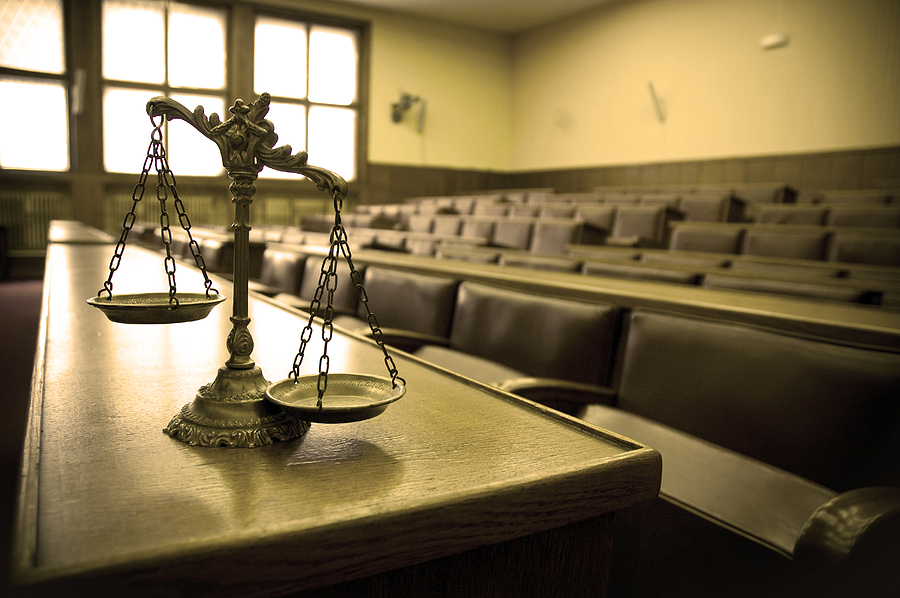In State v. Konecny, 250 N.J. 321, 326 (2022), the New Jersey Supreme Court extended its ruling in State v. Laurick, 120 N.J. 1 (1990), and held that prior uncounseled DWI convictions could not serve as predicates to increase a custodial sentence for a later driving while suspended (DWS) conviction under N.J.S.A. 2C:40-26(b) (Section 26(b)). In State v. Laurick, 120 N.J. at 14, the Court held that prior uncounseled convictions for DWI in violation of N.J.S.A. 39:4-50 could not be used to enhance a custodial sentence for a second or subsequent DWI offense.
In Konecny, 250 N.J. at 328, the defendant’s license was suspended for two years as a result of what the court deemed his second conviction for a DWI offense (he had been convicted of DWI in 1986, DWI in 1999, and Refusal in 2016). During the suspension, the defendant was subsequently charged with three separate DWS charges under Section 26(b). Ibid. The defendant pled guilty to the DWS charges, and in turn, the State agreed to recommend that he be sentenced to 180 days on each count — the statutory mandatory minimum period. Ibid.
However, before sentencing on the DWS charges, the defendant filed motions with the municipal court for post-conviction relief (PCR) on his two prior DWI convictions (the 1999 and 2016 convictions), alleging ineffective assistance of counsel. Ibid. The municipal court found that the defendant’s “counsel was constitutionally ineffective” and ordered that the DWI convictions could not “be used to enhance any subsequent conviction” under either N.J.S.A. 39:3-40 or Section 26(b), pursuant to Laurick, but did not vacate the convictions. Id. at 330-31.
The defendant subsequently appeared in Superior Court for sentencing on the DWS charges. Ibid. The defendant asked the court to impose a sentence consistent with the plea agreement, but also argued in the alternative, that Laurick relief applied to his Section 26(b) convictions. Ibid. The trial court sentenced the defendant to the statutory minimum sentence in accord with the plea agreement and held that Laurick relief was limited to sentencing for DWI convictions, and did not extend to Section 26(b) convictions. Id. at 331. The Appellate Division affirmed the sentence. Ibid.
The Supreme Court granted the defendant’s petition for certification on whether Laurick relief applied to his Section 26(b) convictions. Id. at 332. The Court set forth that the sentencing and license suspension range for DWI convictions increases based on past convictions. Id. at 334 (citing N.J.S.A. 39:4-50(a)). N.J.S.A. 39:3-40 “also heightens penalties when an offender operates a vehicle during a period of license suspension imposed following a conviction for DWI or Refusal.” Id. at 336. And Section 26(b) triggers a minimum of 180 days’ imprisonment when the defendant is found to have operated a vehicle during a period of suspension after two or more DWI or Refusal convictions. Id. at 336.
The Court found that “[a]lthough the facts of Laurick dealt with DWI convictions, nothing in the opinion limited its right-to-counsel principles to DWI matters. If a defendant obtains Laurick relief on a prior DWI or Refusal conviction, fairness dictates that the conviction upon which relief was granted cannot be used to increase that defendant’s sentence for DWS to 180 days’ imprisonment.” Id. at 338. Thus, the Court held that “a conviction for which a defendant has been granted Laurick relief cannot be used to increase a DWS sentence pursuant to Section 26(b).” Id. at 338. Further, the Court held that “a conviction vacated through PCR cannot be used as a predicate for a Section 26(b) prosecution.” Id. at 344.
Nonetheless, in that case, the Court affirmed the defendant’s enhanced sentence finding that he was not entitled to Laurick relief because he “unquestionably had counsel during the prior proceedings at issue.” Id. at 340. The Court explained that “Laurick relief is available to defendants whose DWI convictions were uncounseled. All of this Court’s caselaw applying Laurick relief dealt with proceedings in which the defendant did not have counsel, was not informed of the right to counsel, or was not told that counsel would be provided if the defendant could not afford an attorney.” Id. at 339-340. Thus, Laurick relief is reserved solely for situations in which a defendant is completely without counsel and unaware of his or her right to counsel. Id. at 341.
Further, the Court found that one of the defendant’s PCR petitions had been filed well beyond the timeframe set forth in the Court rules, with no indication of excusable neglect, and it was unclear whether the defendant raised the issue of Laurick relief in the petition on his 2016 conviction. In any event, the Court found that “any future challenge to his 2016 Refusal conviction would not affect the outcome here because defendant has two prior DWI convictions from 1986 and 1999.” Id. at 342.
The interrelation of three distinct offenses connected to the use of an automobile while intoxicated, DWI, Refusal, and DWS, is complicated and can have serious consequences as to the term of license suspension and your liberty. It is critically important to retain a lawyer who understands this interrelation. If you are facing criminal charges you should immediately reach out to our team of experienced former prosecutors to schedule a free case review with one of our expert criminal defense attorneys. A complete understanding of criminal law by your attorney is crucial to your defense. Your rights and freedoms are in jeopardy, and you owe it to yourself to act. We are available to provide immediate assistance and further counsel on your criminal case at (862) 210-8570.







